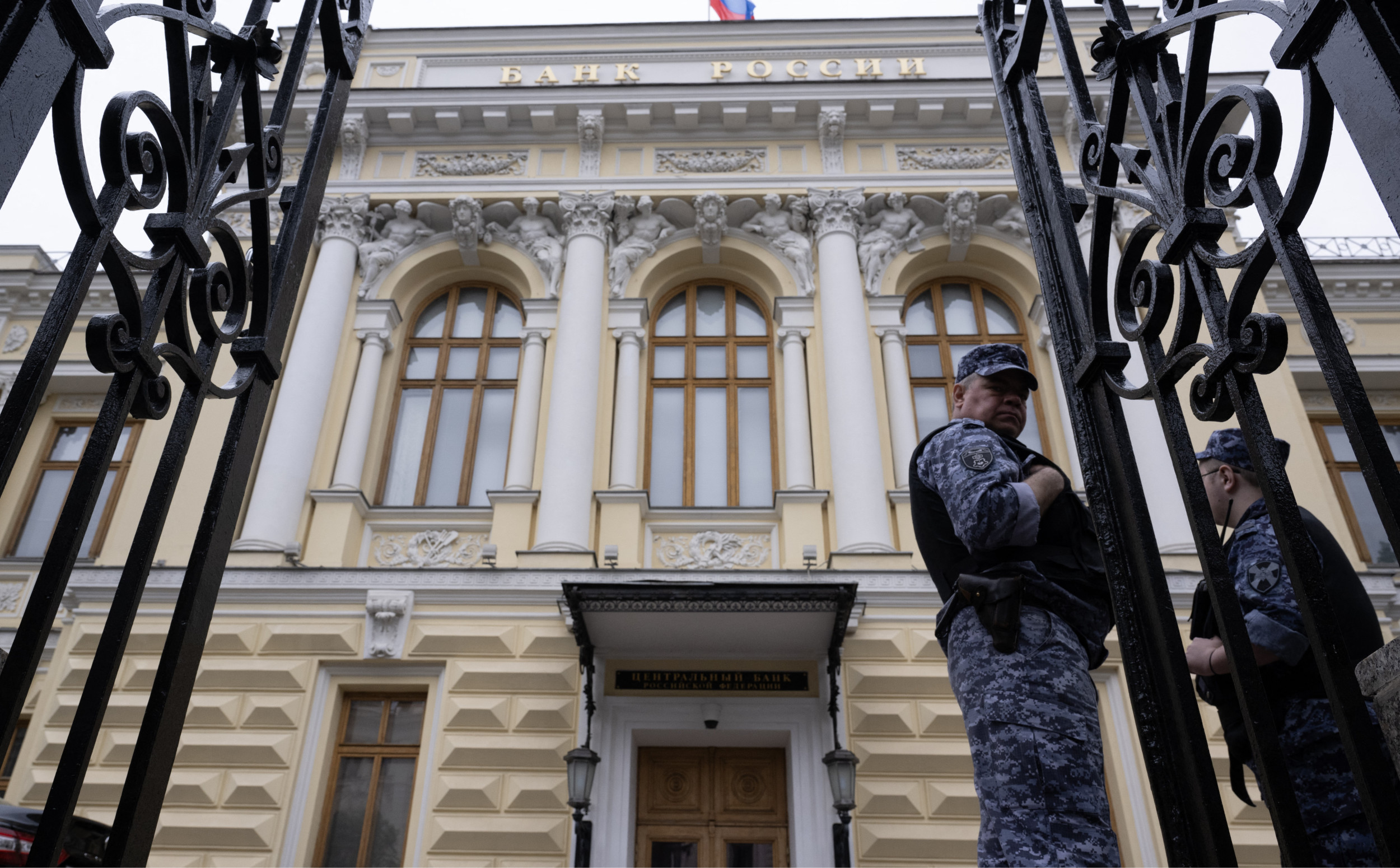The Russian Central Bank is anticipated to increase its key interest rate to address the alarming inflation that has emerged following Vladimir Putin’s invasion. However, experts suggest that even more aggressive measures, akin to ‘shock therapy,’ may be necessary to stabilize the economy, which has been running hot due to ongoing wartime conditions.
Despite managing to withstand the initial impact of sanctions imposed in response to Putin’s military actions, Russia faces potential economic difficulties on the horizon.

To combat inflation and tighten monetary policy, the Central Bank is expected to raise the key interest rate from 16 percent to 18 percent at its upcoming meeting on July 26, as reported by Russian business outlets RBC and Vedemosti.
Alexei Antonov, head of investment consulting at Alor Broker, has suggested that even this increase may not be sufficient to cool down the overheated economy. He mentioned the possibility of implementing a short-term ‘shock therapy’ approach with interest rates reaching 20 to 24 percent, a significant jump from the previously doubled rate of 20 percent from 9.5 percent, imposed as an emergency measure post-invasion in February 2022 to mitigate hyperinflation fears.
Another strategy could involve incremental rate hikes, starting with an increase to 18 percent this week, followed by further adjustments in the future. However, the decision on future rate hikes will be influenced by inflation targets, with potential risks associated with larger-than-expected rate increases, according to Antonov’s comments to Profinance.
Antonov emphasized that the impending rate hike should be viewed as a one-time adjustment and signify the peak of the current cycle. Looking ahead, as annual inflation approaches the 5 percent threshold in 2025, borrowing costs are expected to decrease. For now, the Central Bank is advised to maintain a hawkish stance and emphasize its commitment to curbing inflation.
Central Bank Governor Elvira Nabiullina has previously likened Russia’s economy to a car driver pressing too hard on the accelerator, warning that this approach will hinder progress, despite Putin’s assertions of economic growth.
Recent reports from the independent Russian outlet The Bell have highlighted that escalating Kremlin expenditures for the war have not effectively curbed demand, necessitating a potential escalation of interest rates. The focus now lies on determining the optimal rate levels required to address the economic challenges at hand.
“Inflation expectations, which have been in double digits since February 2021, are at risk of further destabilization, especially with the rise in food prices,” noted Sawicki, an expert in the field.
